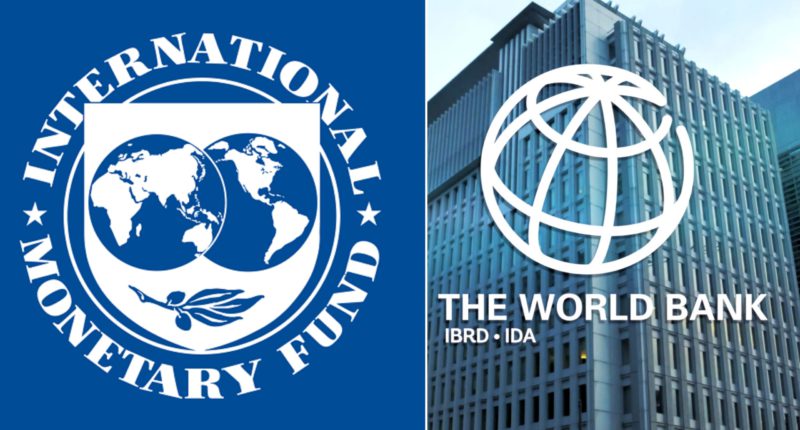Mr. David Malpass, President of the World Bank Group, revealed Wednesday that Nigeria had yet to approach the bank for debt restructuring. Malpass’ statement contradicted Ahmed’s announcement on Wednesday that the country was pursuing debt restructuring from the World Bank and the International Monetary Fund (IMF).
Mrs. Zainab Ahmed, Minister of Finance, Budget, and National Planning, then recanted yesterday, claiming the country was not pursuing debt restructuring but was considering options, including how to buy back part of its debts.
In his words
Malpass said: “With regard to debt restructuring, the World Bank works very closely with the IMF on debt situations, Nigeria has not asked for the Common Framework under the G20 process. That process has been slow, acting in Chad, Ethiopia, and Zambia and there are some signs of movement on Zambia, but it’s still challenging.
What is the common framework
The Common Framework addresses insolvency and long-term liquidity issues, as well as the implementation of an IMF-supported reform programme. G20 official creditors, both traditional “Paris Club” creditors, such as France and the United States, and new creditors, such as China and India, which had surpassed the Paris Club as lenders in the last decade, had agreed to work together to provide debt relief consistent with the debtor’s ability to pay while maintaining essential spending needs.
Going forward
According to a report received from the IMF’s website, just three countries, Chad, Ethiopia, and Zambia, have made debt relief requests under the Common Framework.
Nigeria’s debt was N41.60 trillion in March of this year. The World Bank advises that Nigeria removes fuel subsidies and also unify the exchange rate in order to attract foreign investors.

